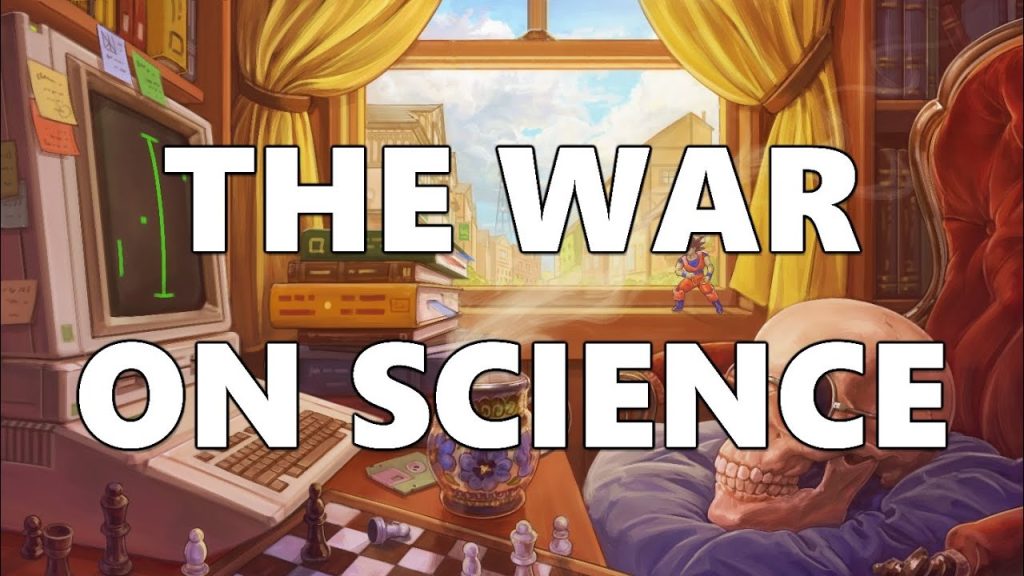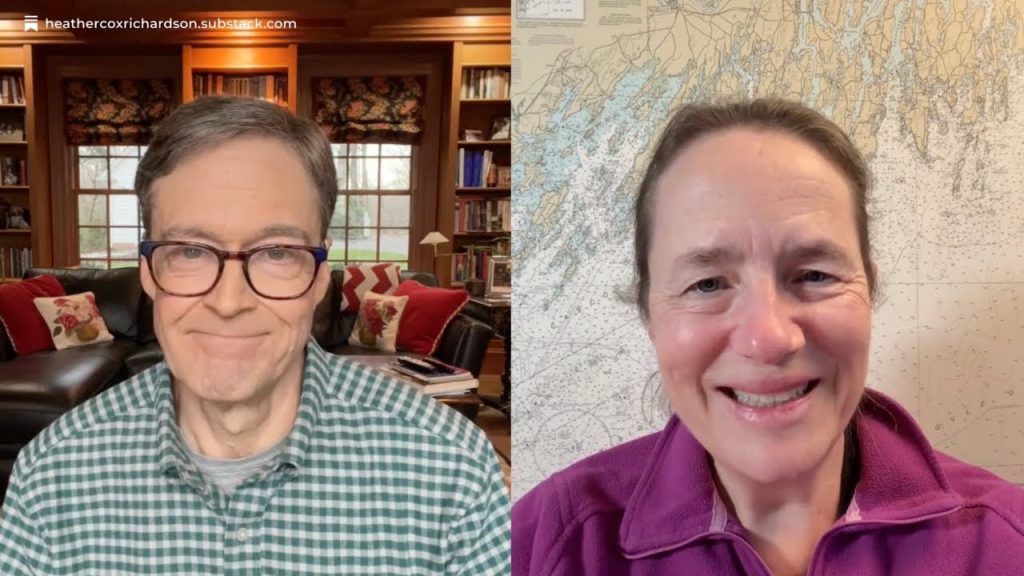The title “The War on Science” evokes a growing concern about the friction between scientific consensus and political agendas in contemporary society. It suggests a contentious environment where scientific facts and findings are increasingly undermined, dismissed, or politicized, often becoming battlegrounds in broader ideological conflicts.
In recent years, the intersection of science and politics has become more fraught as debates around climate change, public health, environmental regulations, and educational curricula have intensified. Policymakers sometimes face pressure to disregard or downplay scientific evidence when it conflicts with economic interests, political ideology, or public opinion. This phenomenon has sparked debates about the role of science in shaping public policy and the importance of maintaining scientific integrity amidst competing narratives.
The broader political context encompasses issues such as climate policy disputes, where scientific projections about global warming clash with certain industrial or political interests. Similarly, the ongoing discussions around vaccine mandates and pandemic responses have highlighted the challenges that arise when science meets skepticism or misinformation in the political arena. These conflicts are not confined to any single country; globally, many governments and societies wrestle with balancing scientific expertise and political realities.
“The War on Science” also reflects concerns among scientists, educators, and advocates about erosion of trust in institutions that traditionally uphold scientific research. Efforts to marginalize scientific advice can impact legislative actions, funding for research, and public understanding of critical issues. The politicization of science can create confusion, hinder progress on urgent global challenges, and deepen social divisions.
Understanding this dynamic invites a critical examination of how science communication, media narratives, and political leadership converge. It highlights the need for transparent dialogue, science literacy, and mechanisms that protect scientific inquiry from undue political interference. As societies navigate complex challenges—from climate crises to health emergencies—the relationship between science and politics remains a decisive factor in shaping sustainable, evidence-based solutions.
Where to Learn More
- Nature – Leading scientific journal with news on science policy and research integrity
- Science Magazine – In-depth coverage of science in society and politics
- Politico – Science Section – Political analysis on science-related policy issues
- Centers for Disease Control and Prevention (CDC) – Reliable public health information intersecting with policy
- NASA Climate Change – Authoritative resources on climate science and policy




